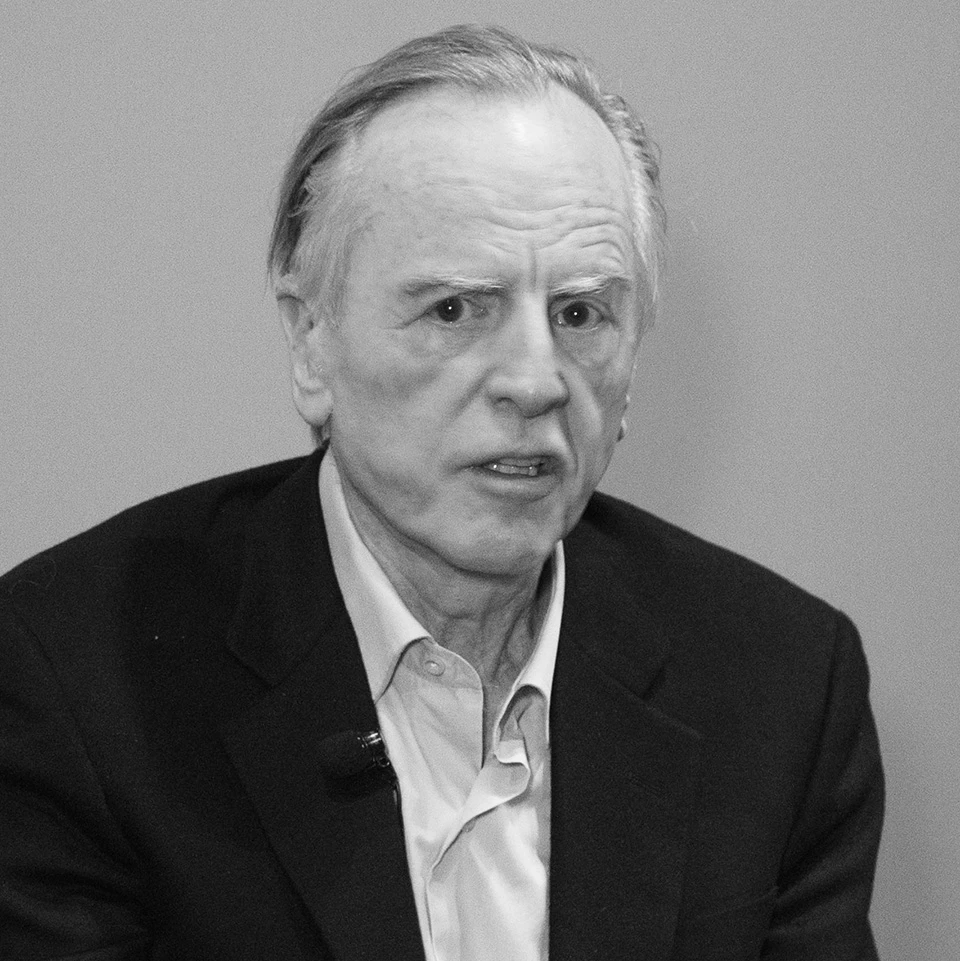Let’s consider the curious legacy of John Sculley. He’s known best for something that happened 31 years ago, when Sculley, then CEO of Apple, sidelined Steve Jobs, which led to Jobs’s exit from the company he founded. Sculley himself left Apple in 1993, when he was fired by the board of directors and replaced by Michael Spindler, better known as “Der Diesel.” In almost every history of Apple, including the one Brent Schlender and I wrote, he’s compared unfavorably to Jobs.
During a recent 45-minute conversation, I asked Sculley whether it bothered him that people still associate him mostly with something that happened many years ago. “No, not really,” he said. “I was at Apple. I worked 10 years there and I learned a lot. I made some mistakes, and we had some great successes. And I’ve been an entrepreneur longer than I ever was CEO of Apple.”

Even people who seem frozen in time change and grow. Sculley is a great example. “One of my closest friends is Bob Metcalfe,” he tells me. Metcalfe, the inventor of Ethernet and founder of the pioneering network company 3Com, hosts what he calls “Big Boys’ Camp” at his island in Maine every summer for Sculley and a small group of other friends. “Bob says that every 10 years you have to reinvent yourself. That makes sense to me.” After Apple, Sculley helped build MetroPCS, the prepaid cell service that was merged into T-Mobile in 2012. And for the last nine years, he’s been working in the health care industry, trying to bring the consumer sensibility he first developed at Pepsi and honed at Apple to a business that’s regulated, convoluted, illogical and, at times, downright hostile to its customers.
Like many others, Sculley believes the U.S. health care system is a mess. But rather than wait for policy makers to straighten it out, Sculley wants to improve things by driving inefficiencies out of the system with companies that combine three things: expertise in information technology and health care, and a consumer-oriented approach to service. The company he’s most focused on now is called RxAdvance, a cloud-based platform that helps pharmaceutical companies, hospitals, and insurers with the management of chronically ill patients living at home.
The Affordable Care Act (ACA) exacts severe penalties from insurers whose patients return to the hospital less than a month after being discharged. By improving both the care and the measurement of care at home, RxAdvance can reduce readmissions. The company’s electronic pill box, for example, keeps track of whether a patient has taken his pills as scheduled. RxAdvance can even reduce the number of pills a patient takes by cross-referencing the prescriptions of a patient’s various specialists and doctors. Just before Thanksgiving, Sculley made it clear just how committed he is to RxAdvance by signing on as the company’s chairman and chief marketing officer.
Other companies Sculley has worked with include a digital prescription manager, an outpatient cardio monitor, a tele-health provider, and a health care data and analytics company. In almost every case, digital technology is improving the connection between patients and providers, a trend that will inevitably survive President-Elect Trump’s proposed gutting of the ACA. Sculley’s role is generally that of “a rainmaker,” he says. “I know the CEOs of all the major health systems by now, so I spend a lot of time meeting with CEOS, helping to close deals, helping on the consumer story of the business, and mentoring.”
Sculley says he looks at the health care industry and sees the same kind of opportunity that Jobs saw with the personal computer. “Steve saw that there was a huge potential to sell machines to creative people, and to people who knew nothing about technology, and to make it an incredible experience,” he says. “No one else was thinking about that back in the 1980s. And here we are in 2016, and you could say it’s almost the same with people in the health care industry. They are at least a decade behind other industries.” That backwardness may portend a market that’s about to explode. “In fintech I can point to 30 companies that have market values between $3 billion and $30 billion. In health tech, there are very few companies with a market value over $1 billion.”
For Sculley personally, the effort to improve the system is about more than money, and more than restoring his reputation. “I was hanging out at the Mac engineering lab in 1983 with Bill Gates and Steve Jobs,” Sculley explains, “and the two of them were talking about their noble cause. They never talked about how much money they were going to make, but it was always about the noble cause: Changing the world one person at a time, giving power to individuals—what Steve called the ‘bicycle for the mind.’ It’s always stuck with me over the years.” Sculley sees the chance to improve health care as his own noble cause. In fact, after nine years, he is so engaged with the problem that he intends to defy Metcalfe’s law of reinvention. “I’m having too much fun,” he says. “I won’t necessarily be the individual who will change the world, but this is a clearly solvable problem and an incredible moment.”
Recognize your brand’s excellence by applying to this year’s Brands That Matter Awards before the early-rate deadline, May 3.
